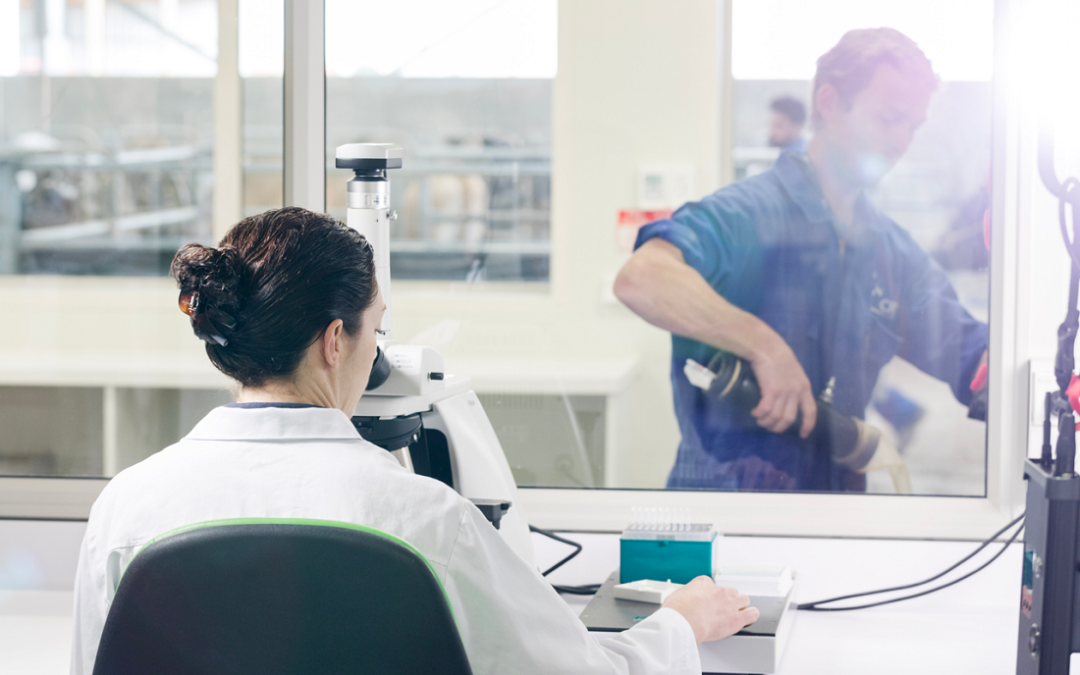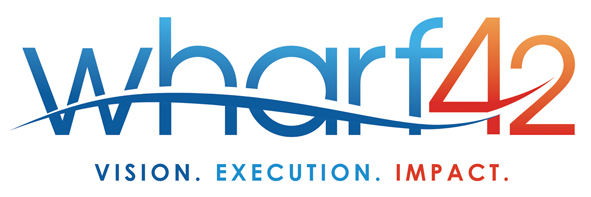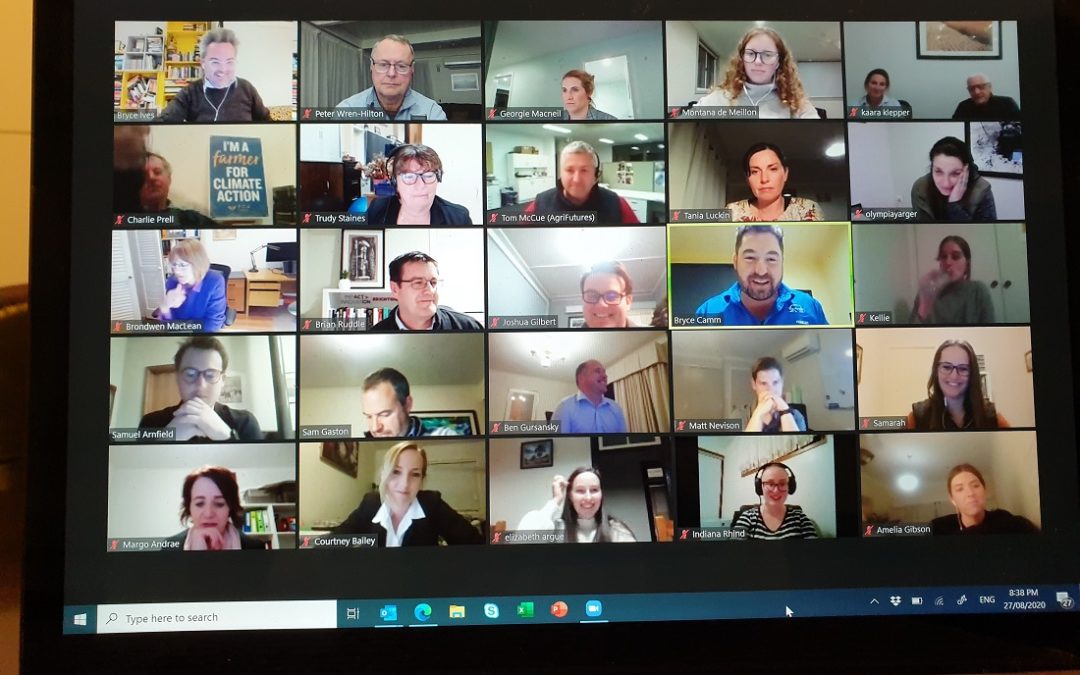
Introducing growAG and the commercialisation of publicly-funded agri-focused research
For the past three years, I’ve sat on the evokeAG steering committee. A product of AgriFutures Australia, the team successfully hosted two significant events in 2019 and 2020 in Melbourne. Over 200 kiwis attended evokeAG and but for COVID, we’d be heading to Perth in 2021.
The pandemic and closed borders have meant a delay. Perth and sadly, the Little Creatures brewery in Fremantle, will now have to wait until February 2022. The evokeAG brand and network meanwhile continues to grow.
At evokeAG 2019, Australian Agriculture Minister David Littleproud made reference to a nascent initiative called growAG. During COVID lockdown, growAG grew (pardon the pun). Once again, AgriFutures Australia asked me if I would join its steering committee to be part of the conversation.
As context, growAG is a powerful online innovation marketplace for Research and Development Corporations (RDCs) and other research organisations and inventors to ‘list’ technologies and attract investment and commercialisation partners from around the world. growAG provides a one-stop-shop for the private sector in Australia, and from around the world, to connect to the RDCs and other researcher organisations in Australia, New Zealand and the Asia Pacific region.
The timing is significant. In New Zealand, the Agritech Industry Transformation Plan (ITP) has ‘Commercialisation’ as one of its key workstreams. The Plan says, and I quote, ‘New Zealand’s significant investments into agritech R&D are not resulting in a significant flow of companies and product spin-outs. More work is needed to increase our understanding of commercialisation of research, and ensure our world-class research is well utilised and exploited’. The Plan goes onto say; ‘There is currently IP in research institutes that has the potential for commercial value. This IP may not have been commercialised due to a number of reasons including undervaluing or overvaluing the IP; lack of effective mechanisms for researchers to transition into and/or back out of a new business; lack of effective commercialisation partners and/or business models’.
The similarity between some of the outcomes sought in the Plan and growAG are striking. Both Australia and New Zealand have world-leading science and research capability. Our ability however to commercialise the valuable outcomes and IP generated has, in my view, fallen well short of the opportunity that could have been generated. It’s a challenge both countries are addressing. By talking to each other, it’s one more metric that could assist both the region and each country develop an effective and long-term solution designed to take great science and light up the agrifood sector. I’m delighted to be able to contribute to the growAG discussion.
If you want to learn more about the ongoing development of the Wharf42 Insights Programme and other initiatives currently being kept under wraps, please sign up for our free Monthly Newsletter.

